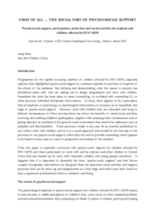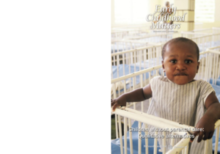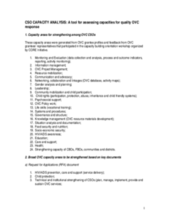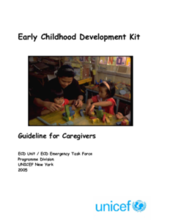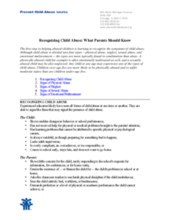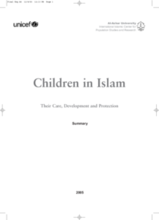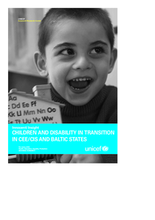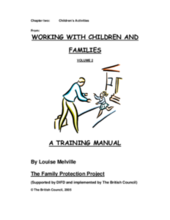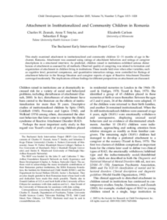Displaying 461 - 470 of 496
Emphasizes the social dimensions of psychosocial support interventions, including participatory groupwork and a focus on reducing stigma and discrimination. Argues that psychological interventions such as counseling should never be a first step.
Collection of articles highlighting suggestions on how to improve existing mechanisms for providing adequate care. Major article on the current state of international thinking on children without parental care.
This document provides a tool that was used to assess broad capacity areas for quality OVC response in Uganda.
Summary guidance on the use of therapeutic language and the role of play and art in helping children’s development, and in responding to children exposed to trauma.
This report presents the survey Kevin Browne and colleagues conducted in 33 European countries to identify the number and characteristics of children less than three placed in residential care without their parents for more than three months during the year ending December 31, 2003. The purpose was to assess the rate and cost of residential care as a response to children in adversity.
A three-page document outlining how to recognize signs of abuse, including sexual abuse, physical abuse, or neglect.
An overview of child rights and protection as it relates to the central tenets of Islam. Contains brief information on alternative care, children affected by HIV/AIDS, protection from abuse, and other issues.
Report presents and analyzes new research and data around children with disabilities in the region, the effects of institutional care, and the need for family support services.
Guidance and examples of group activities which promote development and self-esteem, and the role of the worker in providing activities on a regular basis.
This study examined attachment in institutionalized and community children 12 – 31 months of age in Bucharest, Romania.

